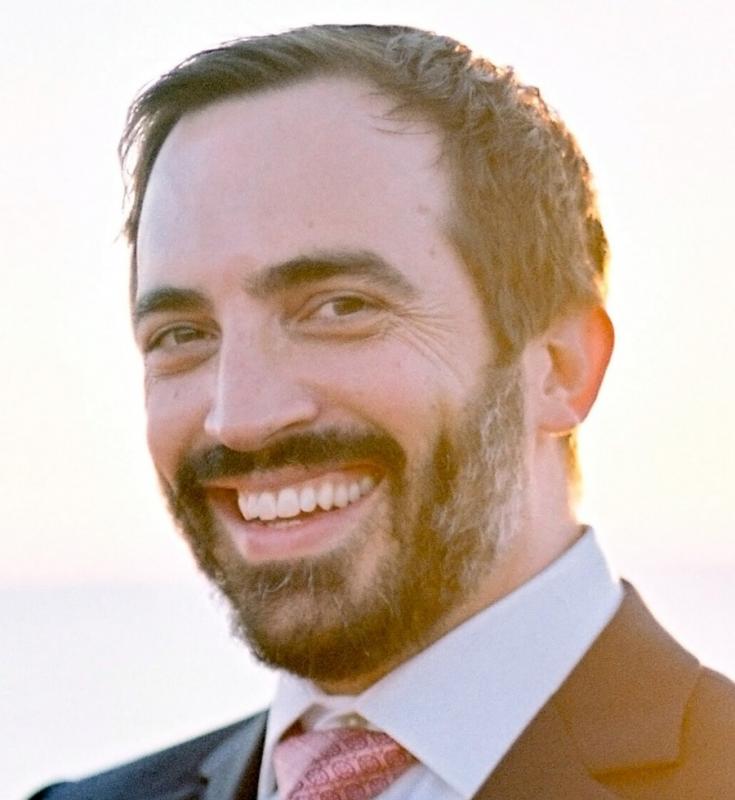Philosophy

What is your current job?
Executive Director of the Drucker Institute
Why did you choose this profession?
From the spark of an initial interest in education, I followed a thread through higher education administration, social entrepreneurship, a doctorate based on studying college presidential leadership, and ultimately to the Drucker Institute—a social enterprise based on a university campus that teaches executives across all sectors how to strengthen their organizations in ways that also strengthen society.
What more do you wish to accomplish in your professional career?
The farther into my career I get, the more I have come to understand that the most valuable contribution I can make is as a catalyst for others' learning and development. My focus is increasingly on helping to develop the people on my team and the capabilities of those who we serve.
Tell us about a decision or change you made that turned out to be a positive career move.
In my mid-20's, two years into what felt initially like a dream job, I quit to go to graduate school. It was a positive change because, although I loved where I worked, the job was quickly settling into a routine that did not afford much opportunity for me to learn and grow. And though I could have gone to graduate school sooner, I was glad I waited until I was really hungry to get answers to the questions on which my degree program was focused.
How has Haverford influenced your professional career?
At the Drucker Institute, we view management as the consummate liberal art: both practical in its aim, and always concerned with the full breadth of the human condition. The incredible diversity of learning experiences I found at Haverford—including formal study, student leadership and late-night conversations with my friends—laid the groundwork for a career based on seeking, questioning and discovering truths that make a positive difference in the lives of all kinds of people.